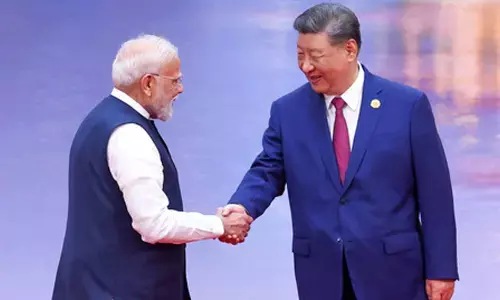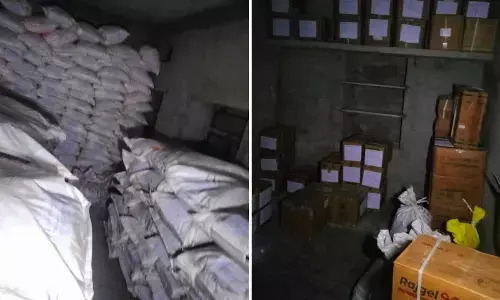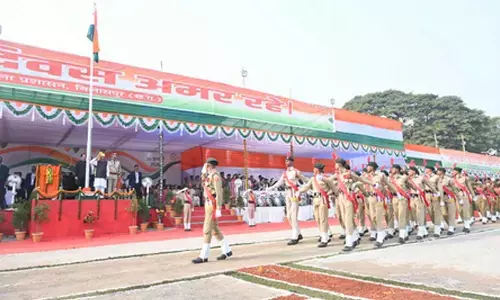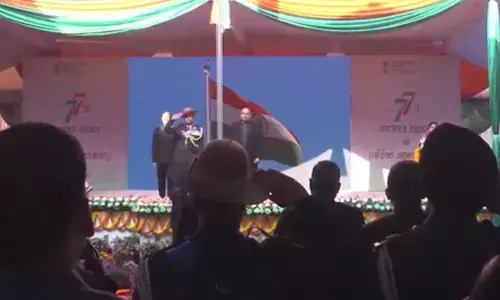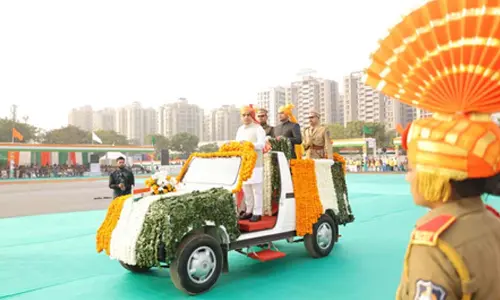Delhi: Even experts ask if Odd-Even scheme made a difference
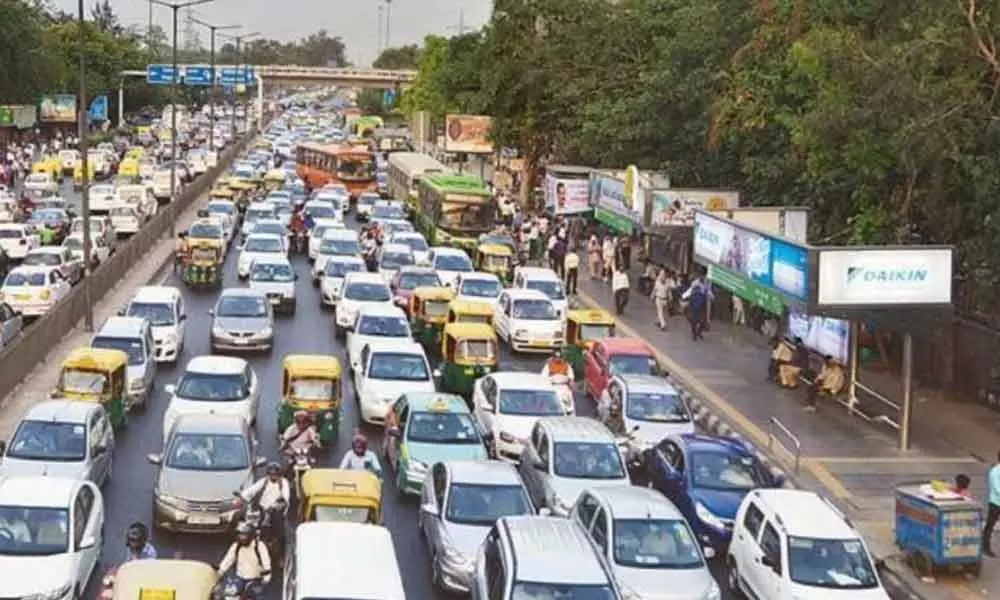
As the third edition of the odd-even scheme came to an end on Friday, experts remained divided on whether the road rationing measure contributed to mitigate air pollution in Delhi, which saw five days each of very poor and severe air quality during its run.
New Delhi : As the third edition of the odd-even scheme came to an end on Friday, experts remained divided on whether the road rationing measure contributed to mitigate air pollution in Delhi, which saw five days each of very poor and severe air quality during its run.
Environmentalist Chandra Bhushan said the data available so far showed the scheme didn't make much difference to air quality. "However, it has reduced congestion on roads," he said. He said exemptions to a large number of vehicles, including women drivers, commercial vehicles and two-wheelers, further reduced the efficiency of the scheme.
The climate change expert said the air quality improved just after the implementation of the odd-even measure because of an increase in wind speed. "Delhi recorded its worst AQIs in the last two weeks. The air quality continues to be in the severe category for the last four days," he said.
Environmentalist Vimlendu Jha said the scheme had a minimal impact on air pollution. "It brings down pollution by just one to two per cent... Chief Minister Arvind Kejriwal in a way conceded to the fact on Friday," he said.
Asked during a press conference if odd-even proved effective, Kejriwal said the scheme was implemented to tackle local sources of pollution such as dust, chimney and vehicular emissions, "but the primary reason for the spike in pollution (in winters) is stubble burning in neighbouring states".
In fact, Jha said, pollution levels have gone up during the period odd-even scheme was implemented, that is between November 4 and 15. He suggested strengthening public transport to reduce the share of vehicular emissions, which, according to several studies, is around 28 per cent to the total pollution.
Santosh Harish, a fellow at Centre for Policy Research, said it's premature to reach a conclusion. "Odd-even is only an emergency measure.
Even if it makes just a modest improvement in air quality, it should be implemented... When pollution levels are as bad as now, the government should essentially use all the options it has got to minimize the damage. It is a reasonable thing to do," he said.
CPCB's former air lab chief Dipankar Saha said whatever the Delhi government has been doing, it is to reduce pollution. "Whether odd-even is effective or not ... a proper assessment is possible only if meteorological conditions remain the same. It is the weather which plays the most important role," he said.
Also on Friday, the Supreme Court said the odd-even scheme was a "half-baked solution" to the severe pollution level in the national capital as it is not effective in reducing pollution. The apex court also questioned the exemptions, including to two and three wheelers, during the scheme.
According to the Central Pollution Control Board data, the national capital saw 5 days each of very poor and severe air quality. On November 12, the AQI entered the severe zone (425) and has continued to deteriorate further.








